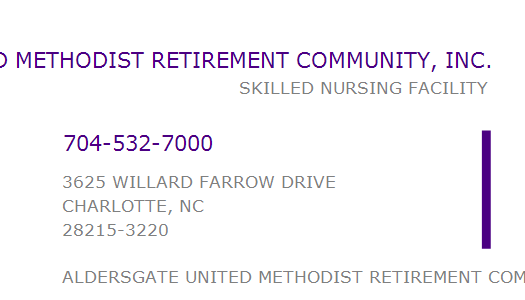
Depending on how long the care is needed and whether financial assistance is available, in-home elderly care can cost less than nursing home care. In-home care usually costs less than that of a nursing residence. A full-time provider will likely cost less than a nursing house with Medicare or Medicaid. But, in-home care may not be affordable for everyone. It's important that you understand the advantages and disadvantages of each option.
Part-time in-home elderly care
In-home caregivers are available to provide a wide range services including transportation and meal preparation. Part-time care in the home can enhance a senior’s quality of living. Although many agencies offer this service you can also hire caregivers from your home. In-home care is often cheaper than hiring an agency. Ask for recommendations from others if you are interested hiring a caregiver.
Some people prefer to pay privately for in-home care, but many others seek financial assistance through a government program. Medicaid does cover certain in-home healthcare services. However, this coverage is limited. Medicare covers intermittent care only, which is less than seven hours a week and eight hours each day. If you don't have a healthcare plan, you can seek out a waiver for home health services.

Costs of in-home care for elderly
You may be able to hire in-home caregivers for your loved ones to support them in their independence. For 44 hours of care, it costs about $713 per month. This includes cleaning, meal preparation, and assistance with daily activities. However, you may not need this much assistance if your loved one is relatively healthy and can handle most of their daily activities.
In-home caregivers are typically hired by individuals and home care agencies. They usually charge an hourly rate. Unlike private caregivers, home health agencies conduct thorough background checks on their caregivers. These agencies may be more capable of providing all types of care. Over the years, both services have been more expensive. A full-time caregiver will charge around $4,000 per calendar month or $27-228 per hour.
Medicaid coverage
Most states allow Medicaid recipients who are eligible to receive Medicaid to manage their in-home health care. This practice is known by the terms consumer directed or self-directed. This arrangement involves the beneficiary hiring a friend, family member, and/or paid professional to care. Medicaid pays this person directly. The family member submits timesheets to the agency to verify the hours they have served. A spouse or adult child can be hired by the recipient to care.
To qualify for the Medicaid program, applicants must meet certain requirements and provide extensive household and personal information. For the application process to be successful, applicants may require individual assistance. Local agencies, as well as the Department of Health (or Office on Aging) can offer assistance. It can be difficult to apply for assistance, so it is best to seek help from local agencies. If an elderly person has a disability that necessitates in-home care, these agencies can help.

Long-term care insurance
Are you thinking about long-term senior care insurance? Getting this type of insurance can save you a considerable amount of money. It will not only pay the full-time cost of in-home care, but it will also help your loved one pay for it. LTC insurance, which can cover long-term services such as nursing and rehabilitation, can reduce the costs and offer peace of head.
You can protect your retirement savings against unexpected expenses by purchasing a policy. Many policies allow you the freedom to choose the level of coverage you desire. The cost of insurance is generally limited to a fixed amount for the entire life or for a specific period. Once approved, you can start paying premiums. Most policies cover in-home services as well as services for disabled people. Once you've decided to purchase long-term care insurance, make sure you carefully evaluate all aspects of your policy.